‘What planet are they on?’: western Sydney scoffs at claims cost of living crisis ‘a stretch’
While ‘experts’ claim the cost of living crunch is easing, western Sydney locals bearing the brunt of soaring bills, groceries, mortgages and rent beg to differ.
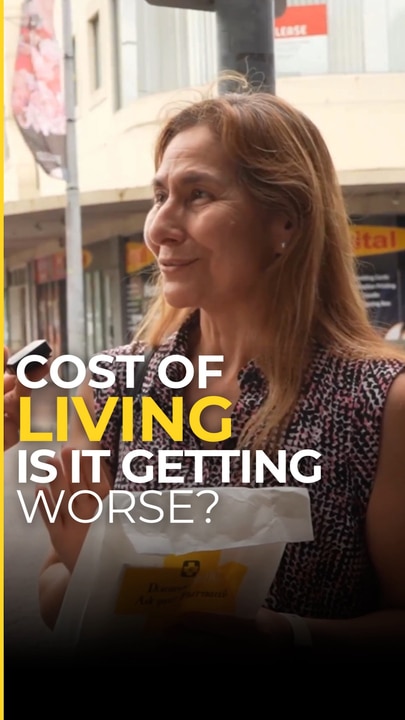
NSW
Don't miss out on the headlines from NSW. Followed categories will be added to My News.
Western Sydney locals bearing the brunt of soaring bills, groceries, mortgages and rent have scoffed at suggestions the cost of living crunch is easing.
On the day the Reserve Bank of Australia kept the cash rate steady at 4.35 per cent, some economists crowed the cost of living crisis is “a stretch”.
According to comparison website Finder’s panel of 25 experts, seven found current economic hardships were being over egged – despite 81 per cent of respondents to Finder’s Consumer Sentiment Tracker saying they felt financially stressed in October.
Monash University’s Mark Crosby said “much of the rise in the cost of living has been associated with rising energy costs and one off factors”, saying for middle income earners “we are still a wealthy country”.
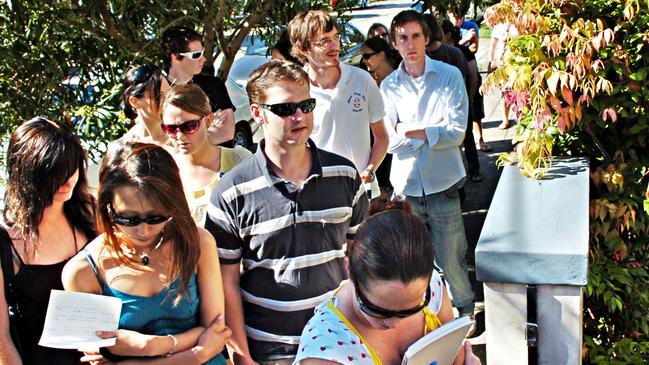
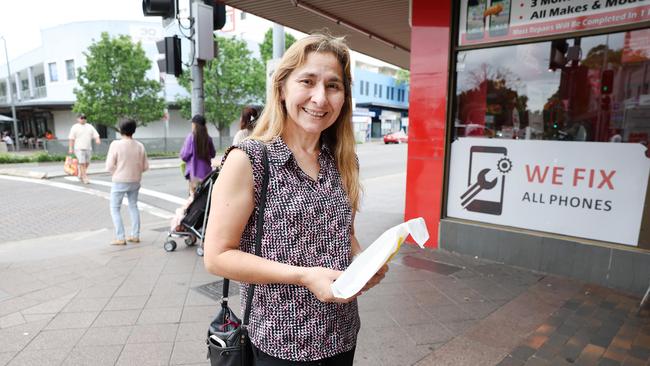
The University of Western Australia’s Jakob Madsen agreed, saying real wages have hardly decreased – compared to landmark economic downturns like the Great Depression, when wages fell by 30 per cent.
“Seen from this perspective, calling it a cost-of-living crisis is a stretch,” he said.
Fowler MP Dai Le was astonished by claims financial pressures had eased on households, especially for residents living in her western Sydney electorate, saying “I don’t know what planet” they are on.
“I held a ‘Bring your Bill Day’ and over 300 residents of Fowler brought the bills they cannot pay, seeking relief from water, electricity and gas bills,” she said.
“(Some were) unable to pay their rent … In my door knocking I’ve spoken to residents who are in despair at their financial situation.
“The stress and anxiety is affecting their health and putting strain on their family.”
Independent economist Saul Eslake, one of the 25 experts consulted by Finder, said current prices were continuing to crush the most economically vulnerable parts of society.
“(Anyone saying they’re copping the brunt is) almost certainly right – anyone in their 20s, 30s or early 40s who bought a home in the last five years will be facing a real squeeze on their mortgage payments, as well as the rising price of groceries and other things you must spend money on,” he said.
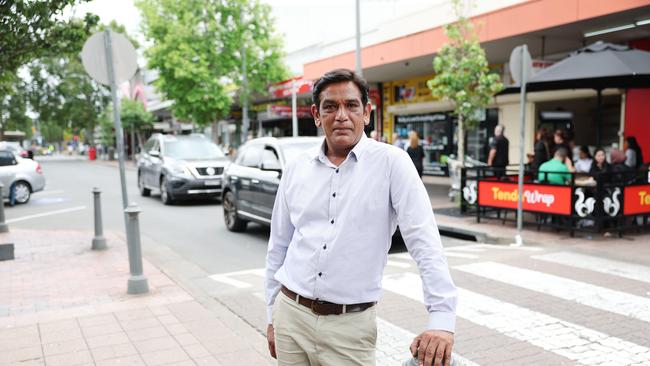
Campbelltown resident Ashley May said she had tried to escape the brunt of rising rents by moving back to her family home, as well as selling a block of land she owned.
“I did have a block of land that I had to sell because I couldn’t afford to build on it after the interest rates ran up,” Ms May said.
It’s not only the important issues affecting people like Ms May, she explained how even shopping for “little things” like chocolate has rapidly changed.
“Chocolate, it’s like two for $15 for Cadbury … which used to be on special for $2.50 … that’s insane,” Ms May said.
Fairfield single mum Norma Lopez-Perez says she’s under greater financial pressure than ever before.
“Every single item has been increasing in price and obviously has been putting a lot of pressure on people like me,” she said.
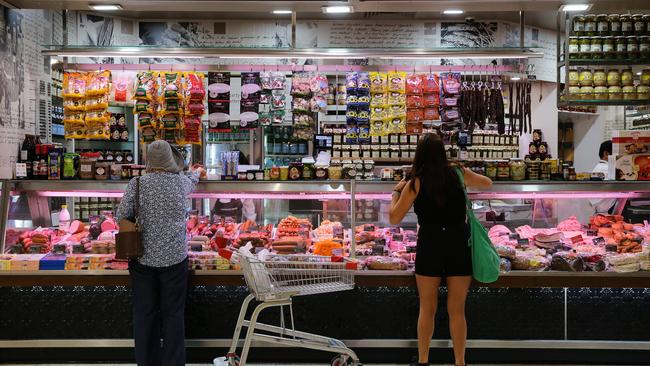
Branka Colac shared similar concerns, saying the cost of living was a “disaster” and has forced her family to “be careful” at the supermarket.
“Everything is so hard, especially in the last two years, you don’t have money to go with your friends to have coffee or dinner,” she said.
“You’re just becoming isolated because you can’t go out … and enjoy your life.”
New homeowner Adeel Ahmed said he had swapped weekends with his children to driving rideshares to make ends meet.
“I was getting my wages a couple of years back, I’m getting the same wages (now), but my expenses have skyrocketed,” he said.




